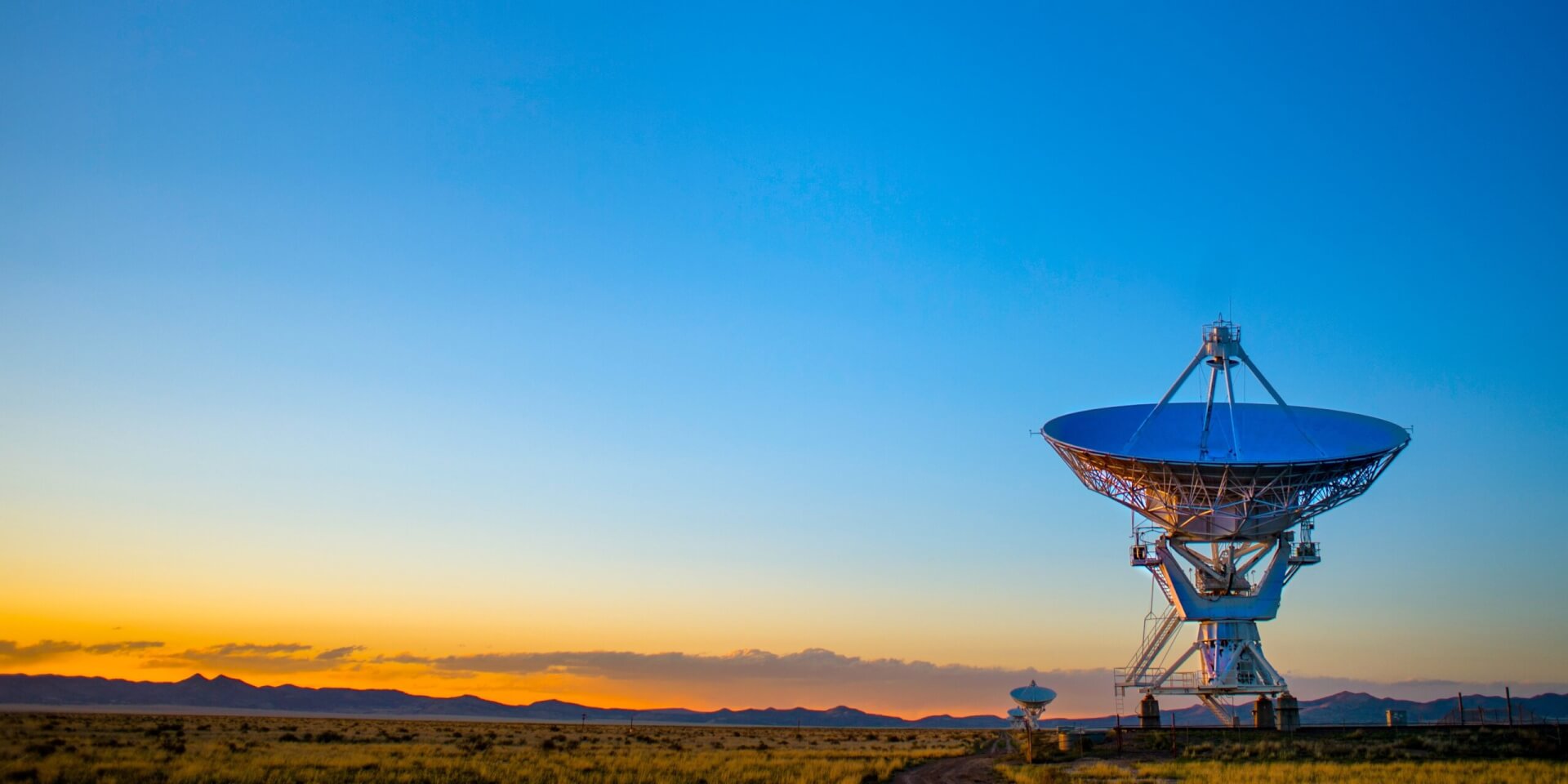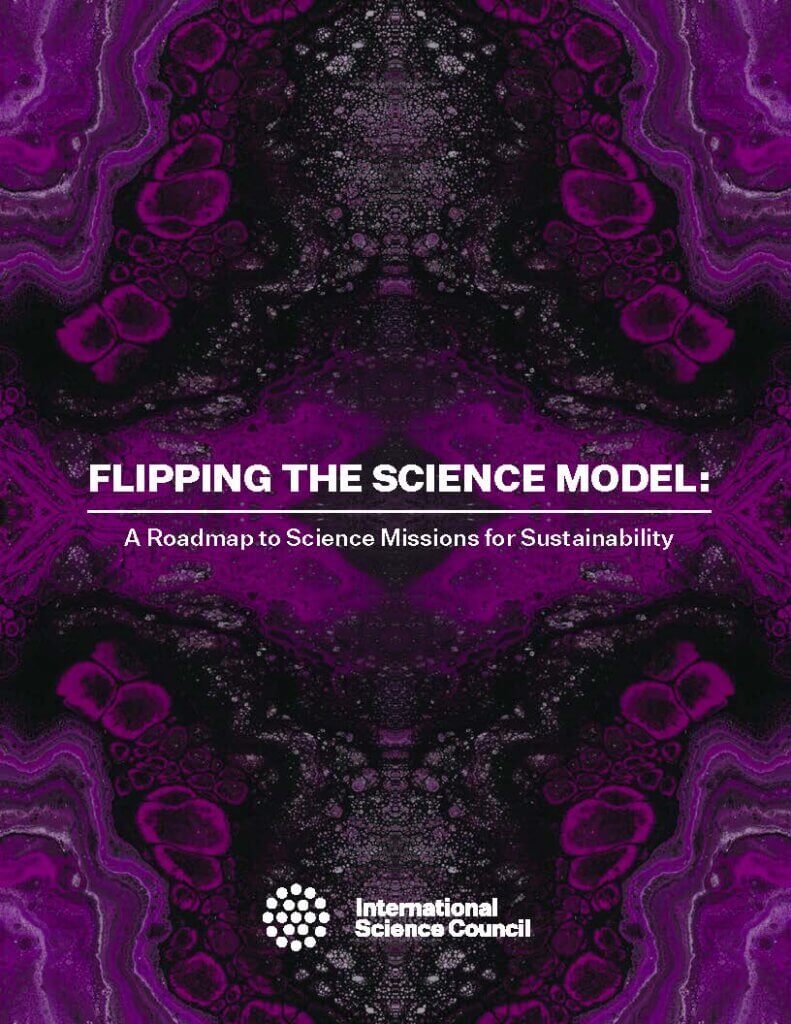
The 2023 SDG Summit is taking place on 18-19 September 2023 in New York.
Convened every four years, the Summit stands as the global policy reunion to review progress towards the achievement of a more sustainable future for all.
This year’s Summit is decisive as it marks the half-way point to the deadline for achieving the 2030 Agenda and its 17 Goals. Expectations are high to reignite a sense of hope, optimism, and enthusiasm for the 2030 Agenda – especially in the face of the dramatically slow and uneven progress. Of course, the multiple global disruptions and crises in recent years are in part to blame for the slowness and reversal in some of the Goals – but it is clear that many means are not properly leveraged to build real momentum, especially science.
From the climate emergency and universal health care, to the energy transition and water security, global science and science funding efforts must be fundamentally redesigned and scaled up to meet the complex needs of humanity and the planet. Without large-scale scientific collaboration, substantial funding, and a mission-driven and transdisciplinary approach, science will continue to be under-exploited in the pursuit of the 2030 Agenda.
Just as the global community has used “big science” approaches to build the CERN and the Square Kilometer Array, it is more than time to apply a similar mindset to properly address our sustainability challenges.

Currently, the traditional science model, characterized by intense competition and siloed funding, does not directly cater to our most urgent societal and existential needs. Science for sustainability needs to be much more collaborative, mission-led, and ultimately actionable everywhere it is needed. This implies all stakeholders to be united around the co-creation and co-implementation of collaborative solutions to concrete sustainability issues identified at the local and global levels. This calls for a new science model able to support transdisciplinary and mission-led science strongly and sustainably at a global scale.
This shift not only requires a change in how we undertake science, but also supposes funding science differently. International financial institutions, as well as national and philanthropic science funders need to redesign the way they interact with the science sector to develop new funding instruments to promote large, collaborative, and long-term mission-led research.
It is time to set a new standard of practice in sustainability science – and the Summit serves as a pivotal moment to redirect our scientific efforts toward collaboration, mission-driven goals, and innovative funding mechanisms. Surely, securing a sustainable future for our planet and its inhabitants is a task fit to be regarded as the next science frontier.
Image by Donald Giannatti on Unsplash.